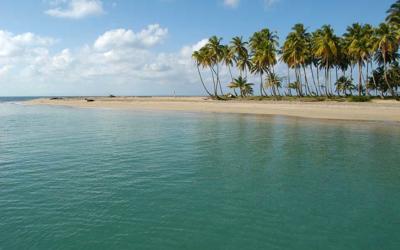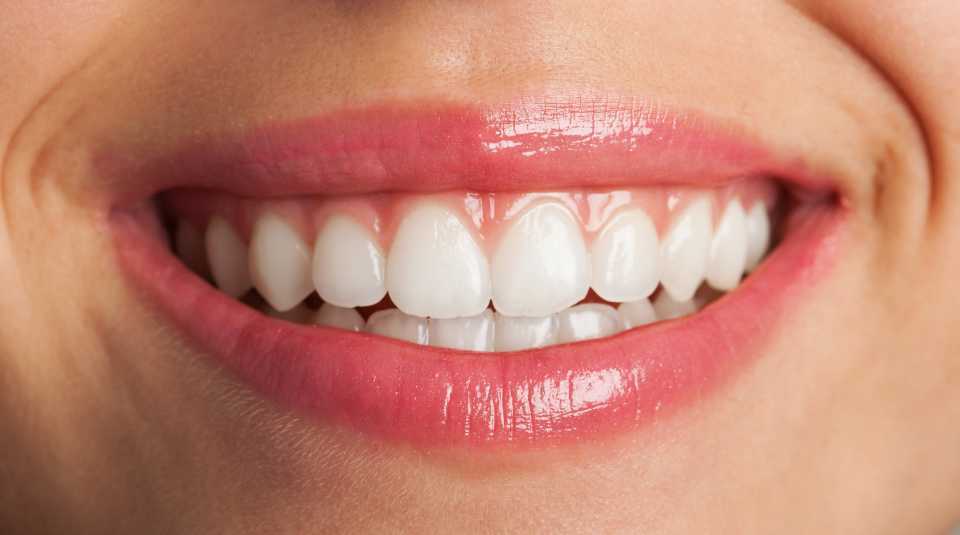10/17/2012 | By: Guest Contributor
Cruise the Caribbean or surf the Atlantic Ocean? You can do both when you travel to the Dominican Republic.
The beautiful island of Dominican Republic is graced by the Atlantic Ocean to the north and the Caribbean Sea to the south, boasting the best of both worlds.
Besides year-round sunshine, Dominican Republic is a fertile country blessed with vast resources, particularly cocoa, coffee, run, tobacco and sugarcane.
Although many travelers descend upon the island to marvel at gorgeous beaches studded with coconut palms and sugar-white sands, the Dominican Republic is an ideal destination for medical tourists equipped with world class health care facilities and a well-established network of physicians.
Whether you are looking to scuba dive for shipwrecks in the crystal waters of Bayahibe or seeking
a self-enhancement experience in a Santo Domingo plastic surgery clinic; the Dominican Republic will exceed your expectations.
In order to make the most of your medical or tourist trip to Dominican Republic, it is crucial to be fully prepared to have a safe and rewarding journey. Here’s a step-by-step guide of what vaccinations to take, medications and items to bring before you pack.
How to be Prepared for a Medical Trip to Dominican Republic
Before planning your trip to Dominican Republic, you must visit your local doctor or health care provider to determine your immunization record and medical history. The best time to visit your doctor is, at least, 4-5 weeks prior to your travel date to allow adequate time for vaccines to take effect.
Even if you are on a tight schedule, you must visit your physician for information on how to protect yourself against illness and injury while traveling.
If you are intending to travel to other countries in the Americas besides Dominican Republic, make sure to let your medical provider know so you can receive the adequate and appropriate vaccinations and information for all of your destinations.
Try to find doctors specializing in travel medicine. They are medical professionals who are in the know of rampant illnesses overseas and will offer valuable information on diseases in different parts of the world.
Ensure your routine vaccinations are up-to-date. Routine vaccines such as influenza, chickenpox, polio, measles/mumps/rubella (MMR), and diphtheria/pertussis/tetanus (DPT), poliovirus vaccine are given at all stages of life.
Hepatitis A or immune globulin (IG) is recommended for all unvaccinated travelers in place with an intermediate or high level of hepatitis A virus where exposure to virus might occur through food or water.
Hepatitis B is particularly advised for travelers who might be exposed to a medical treatment, blood, body fluids or have sexual contact with the local population
Typhoid: if you are going to stay with friends or relatives in smaller cities, villages or rural areas where exposure might occur through food or water—typhoid vaccination is highly recommended.
Rabies vaccination is only advised for adventurous travelers or visitors with significant occupational risks, such as veterinarians, wildlife professionals and researchers. Travelers involved in any activities that might bring them in direct contact with bats, stray dogs and cats, wildlife and other mammals.
Malaria: If you will be visiting an area of Dominican Republic with malaria, you will need to inform your doctor and discuss the best ways to avoid falling sick with malaria.
Areas of the Dominican Republic with Malaria: All areas (including resort areas) except main cities of Santo Domingo and Santiago.
Ways to prevent malaria include the following:
Taking a prescription antimalarial drug
Using insect repellent and wearing long pants and sleeves to prevent mosquito bites
Sleeping in air-conditioned or well-screened rooms or using bednets
The following antimalarial drugs are equal options for preventing malaria in the Dominican Republic: Atovaquone-proguanil, chloroquine, doxycycline, or mefloquine.
Malaria is a serious disease that may cause anemia and jaundice. If Malaria infections were not promptly treated, it may lead to kidney failure, coma and death. You should visit a doctor immediately if you develop a fever anytime within a year following your return and tell the physician of your trip.
What Items to Bring When Traveling to Dominican Republic for Medical Tourism
If you are taking daily medication, make sure you bring the prescription and you have enough stock to last during the trip. Keep them in their original prescription bottles and always in your carry-on luggage. Check the security guidelines and airport screening policy to find out the limit on liquids allowed in carry-on luggage.
Antimalarial drugs, if traveling to a malaria-risk area in Mexico and prescribed by your doctor.
Medicine for diarrhea, usually over-the-counter.
Note: some drugs available by prescription in the US are illegally sold in other countries. Visit the Mexican embassy/consulate to find out whether the medication you are taking is available and legal in Mexico.
If your medication is not allowed in the Dominican Republic, ask your doctor or medical provider to write a letter on office stationery station the medication has been prescribed for you.
Doctors in Dominican Republic:
The Dominican Republic makes for a calming oasis where well-being and comfort is paramount. Plastic surgery Dominican Republic clinics offer international patients access to extensive line of face, skin and body procedures to realize dreams of beautifully contoured body and glowing, youthful facial appearance.
Dominican Republic is a hotbed for hair transplant clinics offering effective and proven solutions to hair loss.
Among the most renowned names in hair transplant Dominican Republic is Dr. Alba Reyes. She is one of the selected few hair transplant doctors in Santa Domingo who admitted the American Board of hair restoration surgery.
Dr. Alba Reyes Hair Transplant Institute Dominican Republic affords the latest in cutting edge surgical techniques and skilled staff to achieve the most natural and desired results.Hair transplant doctors in Santo Domingo utilize advanced techniques to attain more density than other traditional hair restoration methods.
How to Stay Healthy when Traveling to Dominican Republic
Be Careful about Food and Water: The most common diseases and illnesses such as vomiting and diarrhea are derived from food and water. Make sure to avoid un-pasteurized dairy products. Before eating, wash your hands often with soap and water- or alcohol based hand gel if water is not available.
Visas and Travel Regulations
Register with nearest US embassy or consulate thought the State Department’s travel registration website. Registration at the embassy will make your whereabouts known in case of emergency.
Visa, Entry and Exit Requirements: US citizens do not require a visa to enter the Dominican Republic. They just need to purchase a tourist card at their arrival in any airport of the Dominican Republic for a cost of US 10.00.
American Embassy in Santo Domingo: Cesar Nicolas Penson esq. Leopoldo Navarro,
Phone: 809 221-2171





